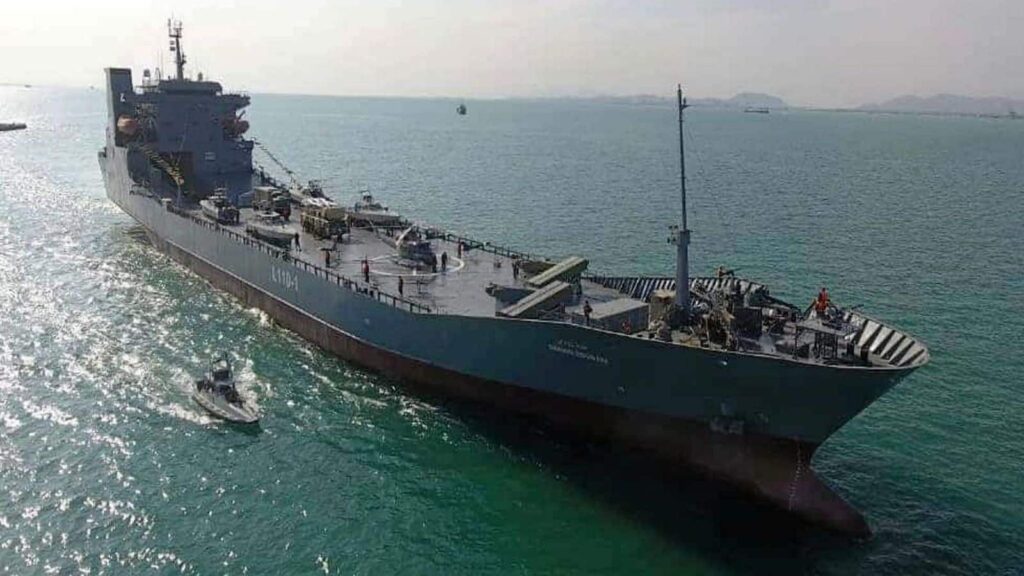On Friday, the United States announced new sanctions against Iran, targeting the country’s energy and petrochemical sectors. This move came as a response to Iran’s missile attacks on Israel that occurred on October 1, where the Islamic Republic launched 180 ballistic missiles. This attack marked the largest direct assault on Israel by Iran to date, which the Iranian government justified as retaliation for Israeli airstrikes against the Lebanese militant group Hezbollah.
Background of the Conflict
The ongoing tension between Iran and Israel is rooted in decades of geopolitical rivalry and conflicts in the Middle East. Over the years, both countries have engaged in a series of proxy wars, cyber attacks, and military skirmishes. The military support that Iran provides to groups like Hezbollah, as well as its nuclear program, has drawn significant opposition from Israel and its allies.
The Recent Missile Attacks
The missile attack on October 1 is seen as a significant escalation in hostile actions between the two nations. Iran claimed its actions were necessary to respond to Israeli aggression against Hezbollah, which has been increasingly active in the region. This surge in military activity raises concerns about a broader conflict that could involve multiple nations.
Details of the New Sanctions
The newly imposed sanctions by the U.S. government focus on further restricting Iran’s ability to export oil and petrochemicals, which are vital sources of revenue for the Iranian economy. These sanctions are part of a broader strategy to curb Iran’s influence in the Middle East and to deter its military ambitions.
| Sector | Impact of Sanctions |
|---|---|
| Energy | Limits Iran’s oil exports, a crucial revenue stream. |
| Petrochemical | Restricts production capabilities, deepening economic strain. |
| Military | Aims to stifle financial support for military operations in the region. |
International Reactions
The international community has reacted with a mix of concern and support regarding the sanctions. While some countries align with the U.S. stance on curtailing Iran’s nuclear ambitions and military reach, others criticize the sanctions, arguing they could exacerbate humanitarian issues in Iran and the broader Middle East.
The Humanitarian Impact
Sanctions often lead to unintended humanitarian consequences. In Iran, prolonged sanctions have already contributed to economic hardship, inflation, and shortages of basic necessities. Stakeholders continue to worry about the impact on the Iranian populace, which could lead to increased unrest within the country.
Conclusion
The latest U.S. sanctions against Iran underscore the escalating tensions in the Middle East and highlight the complex interplay between military actions and economic responses. As both nations continue to position themselves strategically, the potential for further conflict looms, along with significant ramifications for regional stability and the welfare of civilians caught in the crossfire. It remains crucial for the international community to monitor these developments closely and seek a path toward dialogue and resolution to prevent further escalation.
